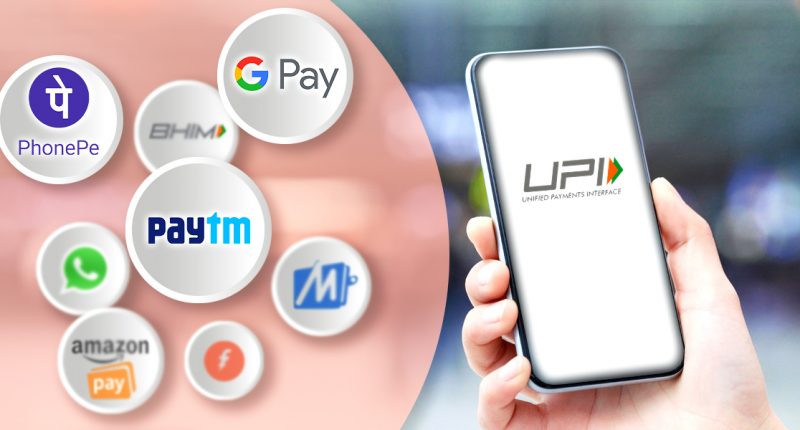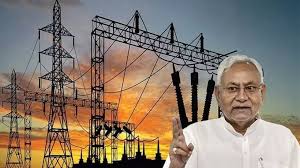UPI: Will UPI payments be costlier from April; NPCI clarified the situation?

The National Payments Corporation of India (NPCI) in a recently issued circular has advised that charges be levied on Prepaid Payment Instruments (PPIs) transacted on Unified Payments Interface (UPI). However, NPCI has issued a release and clarified that UPI will continue to be free for general customers, who will do account-to-account transactions.
How will the proposed charge be given for spending more than 2000 on the transaction?
UPI governing body NCPI said in a circular that using PPI on UPI for an amount above Rs 2,000 will attract a fee of 1.1 per cent of the transaction value. Interchange fees are typically associated with card payments and are levied to cover the cost of accepting, processing and authorizing transactions. However, on the basis of this circular, NPCI has clarified the position after the news of levy of charges on UPI came in the media. NPCI has issued a statement saying that 99.9% of transactions under UPI are from one bank account to another. Such transactions will not be affected by the proposed fee. General customers will not have to pay any kind of fee.
What is the percentage of fee that can be paid on PPI transactions?
It has been proposed to levy a fee of 0.5-1.1 per cent on merchant to merchant transactions under PPI. In which the interchange may charge 0.5 per cent for fuel, 0.7 per cent for telecom, utilities/post office, education, agriculture, 0.9 per cent for supermarkets and 1 per cent for mutual funds, government, insurance and railways. These charges will be applicable from April 1, 2023. NPCI’s circular states that it will review the announced pricing on or before September 30, 2023.
What percentage of people will be affected by the proposed new charges on UPI transactions?
NPCI’s circular indicates that from April 1 onwards, you may have to pay additional charges for UPI payments i.e. through Google Pay, Phone Pay and Paytm if the payment is made using PPI above Rs 2,000. Although such transactions currently account for only 0.1 per cent of the total transactions under UPI, it will not have any impact on general customers. Let us tell you that in the last few months, indications were given many times by the government that UPI will remain free. UPI payments are playing a vital role in the digitization of the Indian economy. In such a situation, it can be adversely affected due to the levy of charges on UPI transactions.
How much rupees were transacted through UPI in 2022-23?
Only last week, the Union Finance Ministry has informed the Parliament that in the financial year 2022-23, transactions worth more than Rs 125 crore have taken place through the Unified Payments Interface (UPI). During this, more than 95 thousand people have also become victims of fraud. It is a matter of concern that the number of victims of fraud has been increasing since the last three years. Statistics show that 77 thousand people in 2020-21 and 84 thousand people in 2021-22 were victims of fraud during UPI transactions. The ministry said that the Indian digital payment system has also found global acceptance. Countries like Singapore, UAE, Mauritius, Nepal and Bhutan have also adopted it.
What has NPCI said by issuing the release?
On the news of UPI transactions being charged from April 1, NPCI issued a release on Wednesday to clear the situation. NPCI has said in the release issued on Wednesday that the Unified Payments Interface (UPI) will remain free, fast, secure and seamless. Through this, more than 8 billion rupees transactions are done every month for users and merchants using bank accounts absolutely free of cost. PPI charge will be levied. The press release states that bank account to bank account transactions done between the customer and the merchant will continue to be absolutely free.

What is PPI on which charges will be levied?
PPI (Prepaid Payment Instruments) is a financial instrument in which you can put money in advance and use it in the future. Goods and services can be purchased with this stored money. Money can also be sent from the PPI to a friend or relative, etc. At present there are three types of PPIs working in the country. These are Semi Closed System PPI, Closed System PPI and Open System PPI. PPIs can be issued in the form of cards and mobile wallets. Major companies providing payment wallet facilities in the country such as Paytm, PhonePe and Google Pay provide services related to such PPIs.
Where to get PPI card?
PPIs are issued by banks and non-banking entities. PPIs can be loaded and issued in card or electronic form as per RBI provisions. It can be recharged with money lying in bank accounts. This PPI can be used for purchase of goods and services. The remaining money cannot be transferred to the account again.






